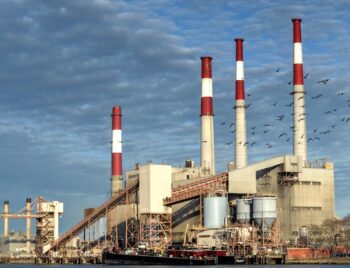
“Infrastructure Lost: Why America Cannot Afford to ‘Keep It In the Ground,’” released by the U.S. Chamber of Commerce’s Global Energy Institute, quantified the cost of projects delayed or canceled as a result of environmental protests.
The report analyzed 15 targeted projects, including the hotly contested Keystone XL pipeline, Constitution Pipeline, and Oregon LNG terminal, as well as New York Gov. Andrew Cuomo’s 2014 fracking ban.
In addition to $91.9 billion in lost economic activity, the protests cost nearly 730,000 job opportunities and $20 billion in tax revenue to federal, state and local governments.
“Unfortunately, a small but vocal group of activists is waging fights against these projects around the nation,” said Karen Harbert, the institute’s president and CEO. “Our new report demonstrates just how damaging that is to families, consumers, and American workers.”
Terry O’Sullivan, general president of the Laborers’ International Union of North America, said workers “have the skills, training, and experience to build pipelines, power plants and terminals in an environmentally sensitive manner.”
“The obstruction we’re seeing from activist groups is costing our members jobs and the entire country opportunities,” he said.
Activists with Keep it in the Ground, a global protest movement backed by hundreds of environmental groups, have used tactics such as lawsuits, civil disobedience, and even vandalism to block construction of energy projects, stop oil-and-gas lease sales and push fossil-fuel divestment.
In a Dec. 14 post, the climate group 350.org ticked off its 2018 victories, including stalling the Canadian Trans Mountain and Keystone XL pipelines, as well as “further bans on fracking around the world” and “over 1,000 major divestment wins.”
“We know what it takes to stop this industry,” said 350.org’s May Boeve. “It is not a mystery, it is not magical. It is hard work. It requires organizing, mobilizing and campaigning — all of these things the climate movement knows how to do.”
Despite the economic impact of the protests, which was calculated through August 2018, the U.S. surpassed Russia this year to become the world’s largest crude oil producer and has led the world in natural-gas production since 2009.
Read more at Washington Times

















These fools should just quit using all products made using Petroleum they would be surprised how many of their daily products come from Fossil Fuels and that means also how the same products are delivered every single day to the store where they buy them